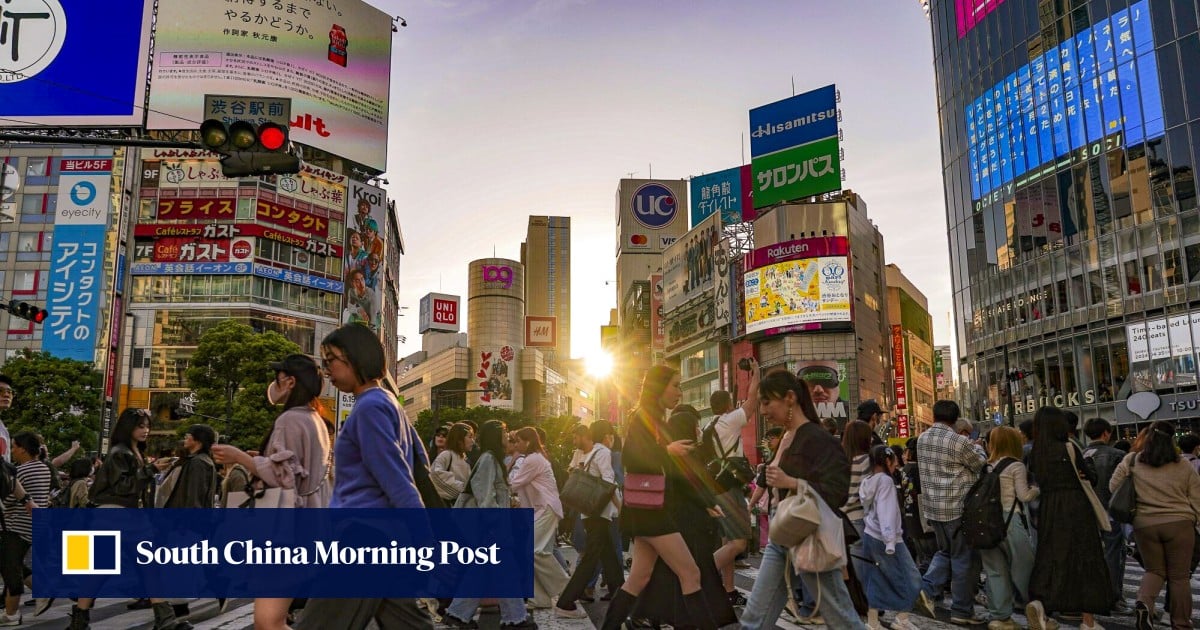HONG KONG — China’s largest sportswear company is at loggerheads with its own international subsidiary over whether to use cotton produced in a minority region tied to reports of forced labor, underlining how the retail world is being split over an issue that has already brought Western brands into conflict with Chinese consumers.
Anta Sports said in a statement last month, “We will keep buying and using China cotton,” acknowledging its long-time consumption of cotton produced in Xinjiang, home to the predominantly Muslim Uyghur people.
Anta also said it would quit the Better Cotton Initiative — a Geneva-based non-profit organisation that advocates higher standards in cotton farming. The institution stopped licensing cotton produced in Xinjiang last October, citing an “increasing risk” of forced labor there.
But Amer Sports, a Finnish sporting goods group that Anta acquired for 4.6 billion euros two years ago, has said it remains a member of the BCI and will follow its own policies, which are in line with internationally recognized human rights and ethical standards.
Amer is the parent company of well-known sports brands including Salomon, Arc’teryx, Wilson and Peak Performance.
“Amer Sports and its subsidiaries are independent companies and adhere to their own policies,” said a group spokesperson in a written reply to Nikkei Asia’s inquiry on whether it would follow Anta in quitting the BCI.
“Amer Sports does not tolerate forced labor in any form anywhere in the world, and it is clearly prohibited in the company’s long-established ethical policy,” the spokesperson said.
She also confirmed that brands under Amer Sports did not source cotton from the Xinjiang region. Anta did not respond to a query from Nikkei Asia. Anta owns 52.7% of Amer via a joint venture.
Founded in 1991, China’s Anta recorded revenues of 35.5 billion yuan ($5.4 billion) and an operating profit of 9.2 billion yuan last year. The Xiamen-based company also owns the China arms of global brands including Italian fashion label Fila, Japanese ski sports gear maker Descente and South Korean outdoor wear manufacturer Kolon Sport.
The reluctance by Finland’s Amer to align its values and policies with its controlling shareholder underscores the dilemma that Chinese retail companies face in managing the foreign brands they have acquired.
However, it is unlikely that Anta will take action at this stage, analysts expect, as imposing China’s patriotic ideology on foreign brands could lead to a backlash within the group and affect business operations overseas.
But maintaining two conflicting values within the same company is also a risk as Chinese customers and authorities become more defensive over what they consider “defamatory” comments from the Western media and organizations.
The issue is of potential importance to a number of Chinese retail groups that have acquired international brands. As well as Anta, Li Ning, Xtep International, Semir Group, La Chapelle and Shandong Ruyi have over the years paid substantial sums for established foreign labels to expand overseas and boost the reputation of their groups.
European fashion labels including Sandro, Maje, Claudie Pierlot, Lanvin, Naf Naf, childrenswear group Kidiliz and British shoemaker Clarks are either owned or controlled by Chinese groups.
Like many of their international peers, some of these brands have also long engaged in global advocacy to promote better human rights protection and ethical standards in the industry’s supply chain.
For example, French fashion group Kidiliz — acquired by China’s Semir Group, based in Zhejiang province, in 2018, is also a member of the BCI. Clarks, one of the UK’s oldest shoe manufacturers, which is also part of the BCI, has been under the investment arm of Chinese gymnast-entrepreneur Li Ning since January. Clarks declined to comment on whether it would quit the BCI and Kidiliz did not respond to Nikkei Asia’s inquiry.
Chinese state media outlets have accused the BCI of having ties with anti-China forces, and fabricating facts to help advance political goals.
The issue of cotton grown in Xinjiang has returned to the spotlight in China after Chinese internet users dug up a statement made in September by H&M, the Swedish fashion retailer, expressing concern over media reports about forced labor in the region.
It caused uproar on Chinese social media and H&M products were dropped from major e-commerce platforms including Alibaba’s Tmall and Taobao services, Pinduoduo and JD.com. Some landlords forced H&M outlets in Chinese cities to shut.
Other brands including Nike, Adidas and Burberry were also hit by an online backlash and lost their endorsement arrangements with Chinese celebrities after the state-owned People’s Daily exposed their support for the BCI’s decision to stop using Xinjiang cotton last month.
While this shows how international brands risk negative publicity and even boycotts in one of their most important markets, the effect is more subtle on foreign brands owned by Chinese companies.
Despite their ownership, most Chinese companies have taken a largely hands-off approach and have not been heavily involved in foreign brands’ operations and decision-making. The arrangement allows the Chinese groups to diversify beyond their domestic market while the foreign brands maintain their appeal to existing customers.
That might be increasingly unsustainable as patriotic sentiment rises domestically and brands that have China interests come under pressure to show loyalty by aligning themselves with the stance of the Chinese government.
“There is certainly a risk [for the Chinese companies]. But it’s hard to tell at this point how big the risk is,” said Ernan Cui, China consumer analyst at Gavekal Dragonomics.
However, making foreign subsidiaries openly endorse the rhetoric of the Chinese authorities would risk upsetting global employees and customers and even tarnishing their brand image, Cui said.
Having inconsistent corporate values within the same company could be seen as hypocritical by Chinese people — the main consumers of the domestic brands.
“The Chinese Asian community contributes so much to the business of global brands. It’s not going to work when there is one strategy for China and another one for overseas,” Peter Xu, a Shanghai-based fashion influencer, told Nikkei Asia.
Xu, who has 8 million followers on Chinese microblogging platform Weibo, said people would scrutinise global brand websites and social media platforms, eventually revealing any inconsistencies of policies and values.
“The brands either don’t touch this grey area, or, they have to make sacrifices,” Xu said, “Because if you want to be in the China market, you need to respect the consumers, especially with the social media upsurge, everybody has a say, everybody is an influencer.”





